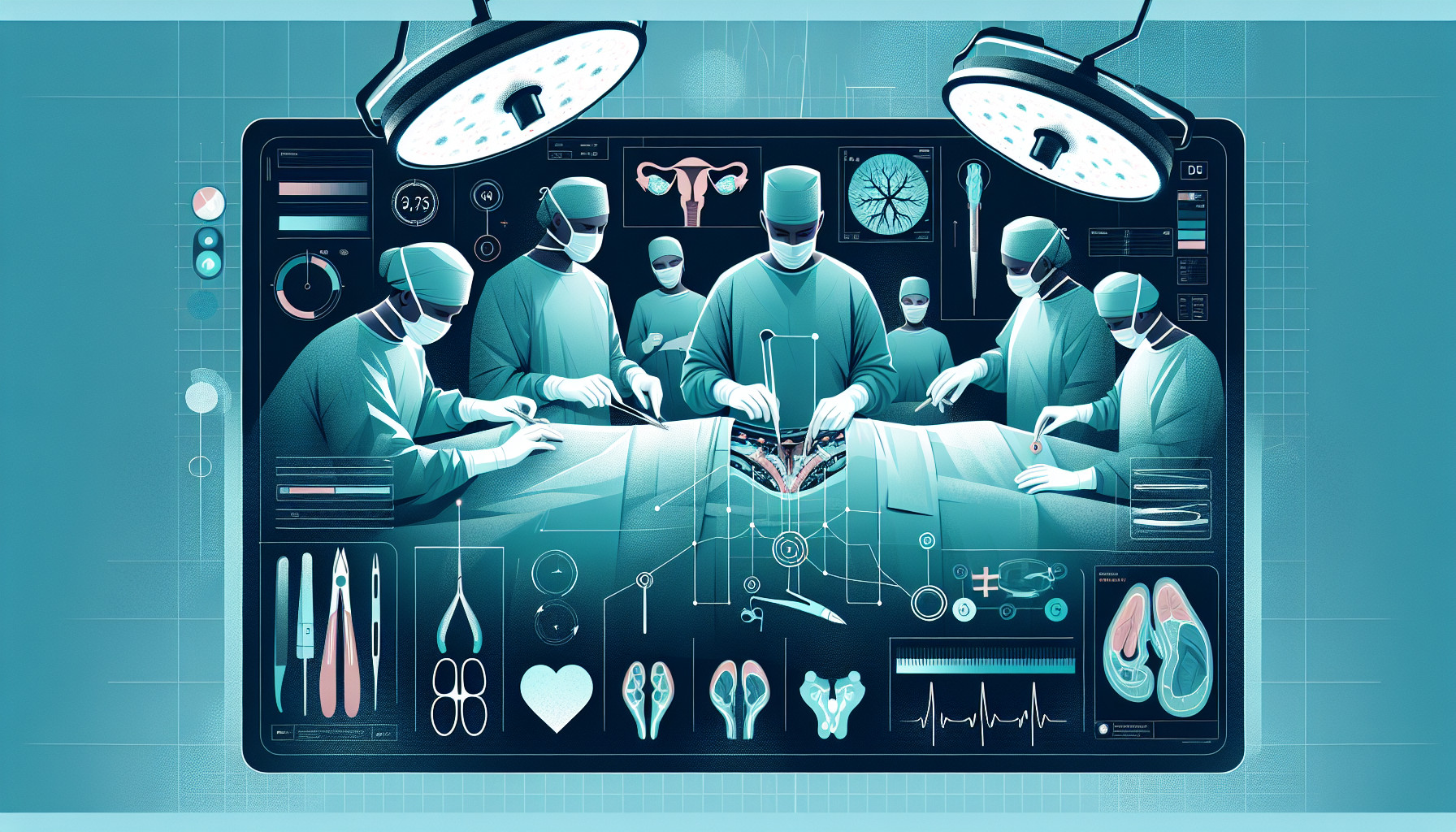Our Summary
This research paper is about the use of antibiotics before surgery for testicular torsion in children. Testicular torsion is a painful condition where the spermatic cord, which provides blood flow to the testicle, becomes twisted. Surgery is often needed to fix this.
Some doctors give antibiotics before the surgery to prevent infections, but it’s not clear if this is really helpful. The rate of infection after this kind of surgery is already very low, less than 0.2%.
The researchers in this study looked at records of over 5000 children who had surgery for testicular torsion between 2015 and 2021. They found that 74% of these patients were given antibiotics before their surgery. Older children (12-18 years) were more likely to receive antibiotics. The hospital where the surgery took place also made a difference. However, giving antibiotics did not seem to reduce the rate of patients needing to return to the hospital.
The researchers concluded that there is too much variation in how often antibiotics are used before this type of surgery. They suggest that clearer guidelines are needed to ensure antibiotics are only used when necessary. Overuse of antibiotics can lead to problems like antibiotic resistance, so it’s important to only use them when they are really needed.
FAQs
- What is testicular torsion and how is it treated?
- Does the use of antibiotics before surgery for testicular torsion help in preventing infections?
- What did the research conclude about the use of antibiotics before surgery for testicular torsion in children?
Doctor’s Tip
A helpful tip a doctor might give a patient about testicular surgery is to follow their post-operative care instructions carefully to prevent complications and promote healing. This may include avoiding strenuous activities, keeping the surgical area clean and dry, and taking any prescribed medications as directed. It’s also important to attend follow-up appointments to monitor healing and address any concerns.
Suitable For
Patients who are typically recommended testicular surgery include those with testicular torsion, a condition in which the spermatic cord becomes twisted, cutting off blood flow to the testicle. This condition is considered a medical emergency and requires immediate surgical intervention to prevent permanent damage to the testicle.
Other patients who may be recommended for testicular surgery include those with testicular cancer, undescended testicles, testicular trauma, testicular cysts or tumors, and other conditions affecting the testicles that require surgical treatment.
In the case of testicular torsion, prompt surgical intervention is crucial to save the affected testicle and prevent complications such as infertility. In this situation, antibiotics may be given before surgery to prevent infections, although the effectiveness of this practice is still debated.
Timeline
Before testicular surgery, a patient may experience sudden and severe pain in the testicle, swelling, nausea, vomiting, and a high-riding testicle. They may seek medical attention and be diagnosed with testicular torsion, leading to the recommendation for surgery.
After the surgery, the patient will likely experience some pain and discomfort in the scrotum, which can be managed with pain medication. They may also have some swelling and bruising in the area. It is important for the patient to follow post-operative instructions, such as avoiding strenuous activities and keeping the surgical site clean and dry.
Overall, the patient should expect a recovery period of a few weeks before returning to normal activities. Follow-up appointments with the surgeon may be necessary to ensure proper healing and to address any concerns.
What to Ask Your Doctor
- What are the potential risks and benefits of taking antibiotics before testicular surgery for testicular torsion in children?
- Are there any alternative treatments or approaches to prevent infections after surgery?
- How common are infections after testicular torsion surgery without the use of antibiotics?
- What factors would make me a good candidate for receiving antibiotics before surgery?
- How will the decision to use antibiotics be made and who will be involved in making that decision?
- Are there any specific tests or assessments that can determine if antibiotics are necessary before surgery?
- What are the potential long-term consequences of using antibiotics unnecessarily before surgery?
- How will the use of antibiotics before surgery affect my recovery and overall outcome?
- Are there any specific guidelines or protocols in place at this hospital for the use of antibiotics before testicular surgery?
- Are there any additional precautions or measures that can be taken to reduce the risk of infection after surgery without the use of antibiotics?
Reference
Authors: Panagides J, Cahill D, Song JJ, Vasdev R, Saunders R, Nelson CP, Wang HS. Journal: J Pediatr Urol. 2025 Jun;21(3):719-724. doi: 10.1016/j.jpurol.2025.01.032. Epub 2025 Feb 4. PMID: 39947942
